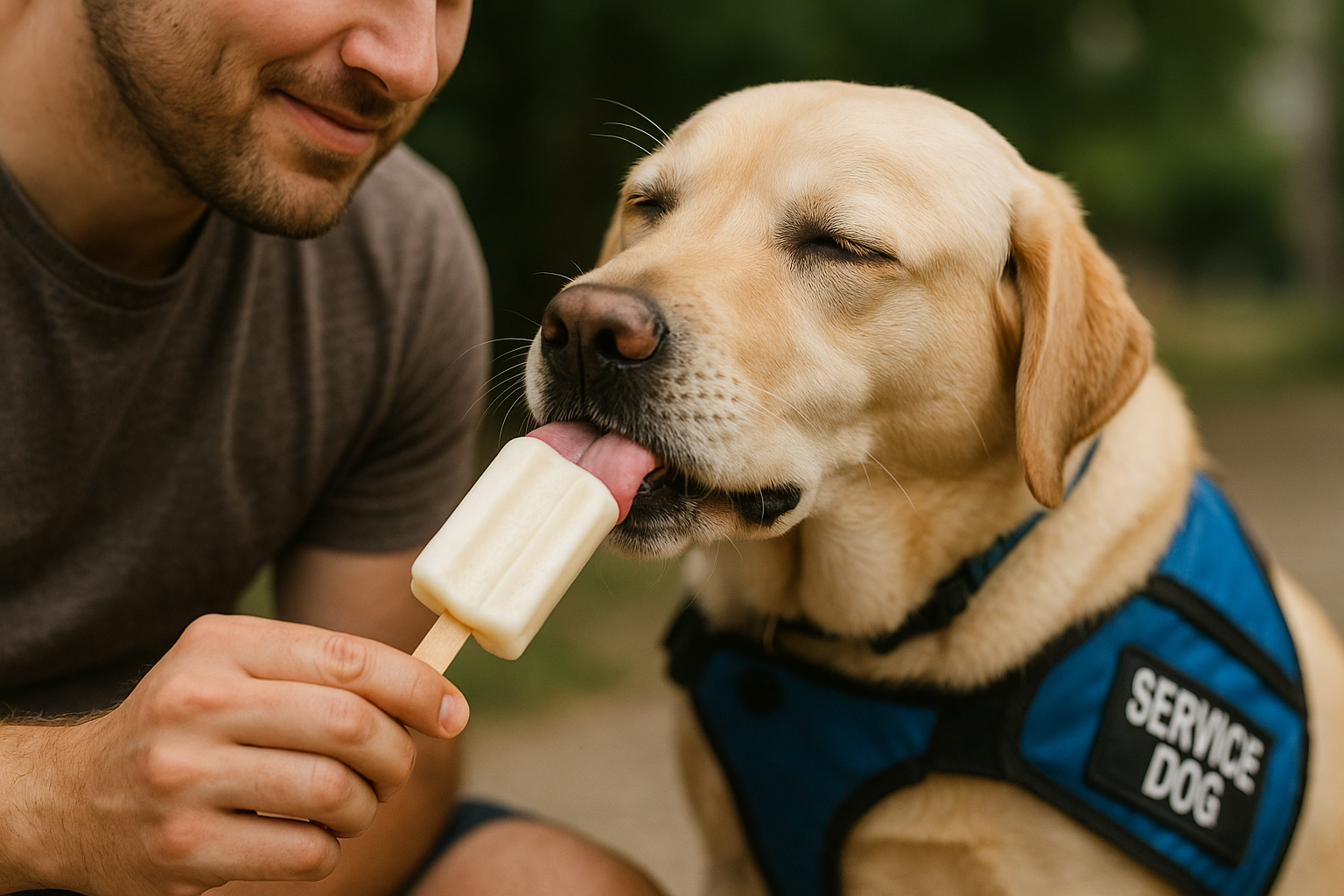Can Dogs Eat Ham? Holiday Food Precautions

The aroma of a freshly cooked ham wafting through the home is a hallmark of many holiday celebrations. As families gather around the table, it's not uncommon for our canine companions to linger nearby, hoping to catch a stray morsel or be offered a tasty treat. With those big, begging eyes and eager anticipation, many dog owners ponder the seemingly simple question: Can I share some of this delicious ham with my furry friend?
However, when it comes to feeding our pets, especially from the dinner table, it's crucial to make informed decisions. While ham is a popular meat enjoyed by many, its suitability for dogs isn't straightforward. Before tossing a piece to your pup or allowing them to indulge in holiday leftovers, it's essential to understand the potential impacts on their health. Keep reading as we dive into the intricacies of feeding ham to dogs and offer guidelines to ensure their well-being during festive occasions.
Is Ham Good for Dogs?
For countless pet owners, the act of sharing food with their beloved dogs is an expression of love and bonding. While the occasional table scrap might be harmless, when it comes to ham, caution is advised. Every now and then, a small bite of ham might not pose an immediate threat to your pet, but making it a frequent treat or offering larger portions can be concerning. Ham, with its salty and succulent flavor, is undoubtedly delectable to both our palate and our pets'. However, the very ingredients that make ham savory and allow it to have a longer shelf life might be problematic for our canine companions.
Ham is typically saturated with animal fat, high levels of sodium, sugars, and a mix of preservatives, notably nitrates. These ingredients, while they might be processed easily by humans when consumed in moderation, don't necessarily align with the dietary needs of dogs, whose digestive processes and metabolic rates are distinct from ours. Particularly alarming are the high levels of sodium and fat.
Consuming foods rich in sodium, such as the processed ham we often have during holiday celebrations, might lead to symptoms in dogs like nausea, diarrhea, dehydration, and a noticeable decrease in energy. If consistently fed in large quantities, this could potentially lead to more grave health issues. Similarly, the richness of the fat in ham, although delightful to taste, poses challenges. Overconsumption can potentially result in digestion-related troubles and, over time, might contribute to serious conditions such as pancreatitis or an unhealthy weight gain in dogs.
Wave goodbye to unpleasant pet smells and welcome the holiday spirit with our Marlie Mist Pet Odor Eliminator. Crafted with essential oils that are pet-friendly, it's the perfect blend of festive freshness and effective odor elimination.
Can Dogs Eat Ham Bones?
During festive occasions, it's not unusual for bones, particularly those from ham, to become the highlight for our furry friends. They appear as a natural, instinctual treat for dogs. However, the truth about these bones is more intricate than it seems. Typically, there are two categories of bones that pet owners consider giving to their dogs: those that are cooked and those that are raw. Regrettably, both these options have inherent risks.
When ham bones are cooked, they become brittle and pose a risk of breaking into sharp splinters. If ingested, these shards might lead to serious internal injuries. Conversely, while raw bones might be less prone to splintering, they can be a breeding ground for harmful bacteria, potentially jeopardizing your dog's health.
The repercussions of dogs consuming ham bones can vary, from symptoms like vomiting and extreme fatigue to alarming signs like blood in stools and dental complications. While the sight of a dog blissfully chewing on a bone might be endearing to some owners, it's imperative to always supervise this activity if you decide to allow it. Ensuring your dog's safety should always supersede temporary enjoyment.
What To Do if Your Dog Eats Ham

Even with meticulous care, unforeseen circumstances might arise where your dog ends up consuming a piece of ham. In these situations, your immediate response becomes vital. The first step should be to estimate the quantity of ham your dog has ingested. A tiny nibble might not be cause for alarm, but it remains essential to keep a watchful eye on your pet for subsequent hours.
Monitor for symptoms such as frequent vomiting, irregularities in bowel movements, and an unusual decrease in activity. If any of these manifestations appear, or if the quantity of ham consumed was considerably large, it's recommended to consult your veterinarian without delay. Their expertise can provide guidance on necessary steps to potentially avert any negative impacts on your dog's health.
How To Safely Feed Your Dog Ham
If, after considering the precautions, you still desire to indulge your pet with a slice of ham during the holidays, the key lies in moderation. An infrequent, small piece, preferably with minimal fat and devoid of excessive preservatives, might be deemed safe. But one must remember that for an adult dog, the recommended dietary intake of fat and sodium is minimal. Hence, introducing other nutritionally rich alternatives to ham might be a wiser choice.
Additionally, if you find your dog has developed an affinity for ham, a myriad of FDA-approved dog foods and treats exist in the market. These products are designed to be both palatable and healthful for dogs, allowing them to savor the flavor without any potential health trade-offs.
Ready to usher in the holidays without the pesky pet odors? With Marlie Mist Pet Odor Eliminator, you can do just that. Dive into the season with a refreshing, pet-safe aroma that not only neutralizes odors but also adds a festive touch to your living space.
Let Your Dog Be a Ham Without Feeding It to Them

To sum it up, dogs, being omnivores, have a vast array of dietary options. However, discernment is crucial to differentiate between what might be merely consumable and what's genuinely beneficial. Ham, with its elevated fat and sodium profile, is best reserved as an occasional treat rather than a consistent part of their diet. More wholesome meat sources like chicken or beef serve as better protein sources without the possible risks associated with ham. This festive season, as you savor your delectable ham, allow your dog to be the playful "center of attention" or the "ham" of your gathering, without necessarily feeding them the actual meat.
Related Link: When Is It Too Cold to Take Your Dog for a Stroll?
Share this article
written by


